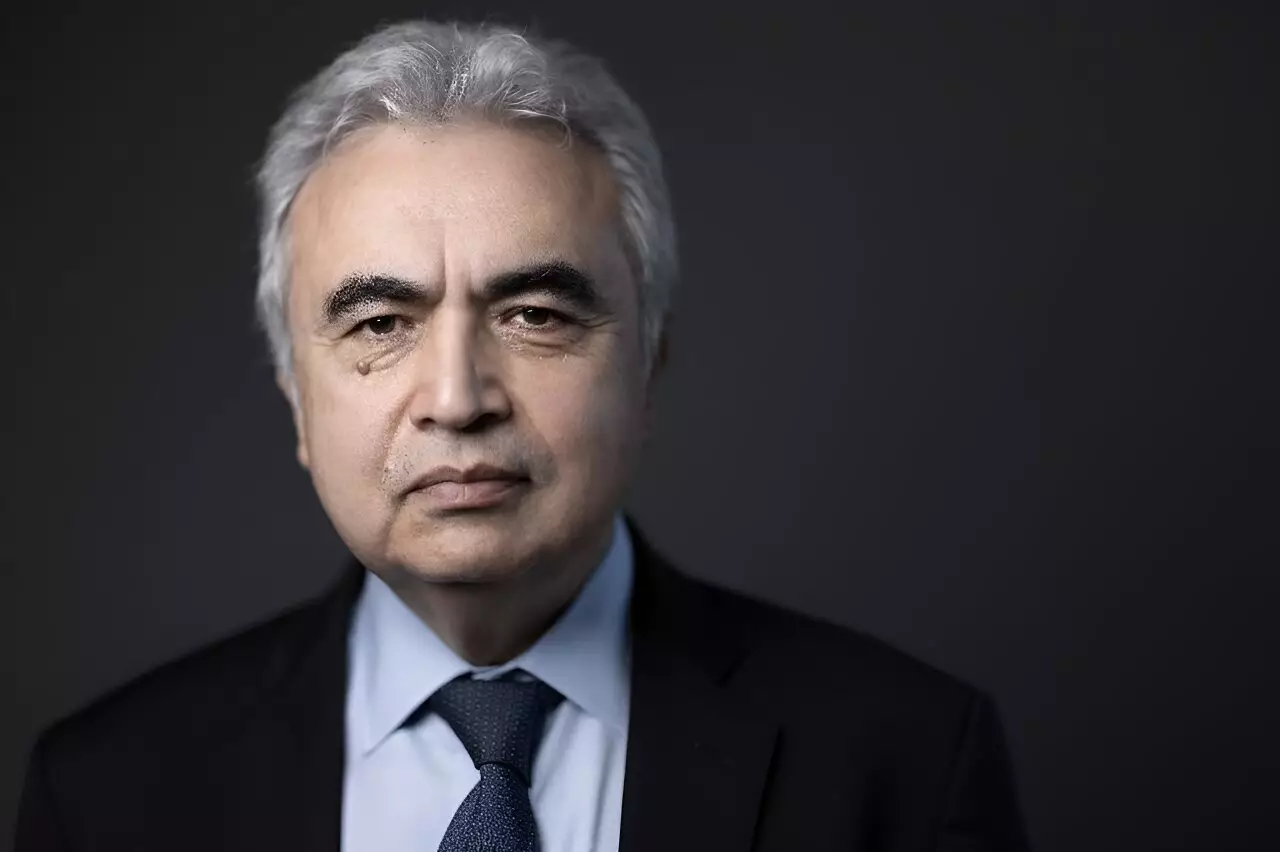Trade barriers can have a detrimental effect on the progress of the world’s energy transition, but it is essential that commerce is fair and equitable. Fatih Birol, the chief of the International Energy Agency (IEA), emphasized this point at the World Economic Forum in Davos, Switzerland. As the international community grapples with the urgency of combating climate change, the issue of clean energy has taken center stage. China has criticized “barriers to green trade,” while the European Union (EU) has voiced concerns about “trade imbalances.”
Birol acknowledges that trade barriers can impede the global shift towards clean energy. However, he asserts that fair trade is a vital catalyst for the clean energy transition. It is no secret that China is leading the world in the deployment of solar and wind energy, as well as electric vehicles. Nonetheless, concerns have arisen. The EU has launched an investigation into Beijing’s subsidies for its electric car industry, potentially leading to punitive tariffs. Meanwhile, EU nations worry about losing business to massive energy transition subsidies in the United States, including tax breaks for domestically-produced electric vehicles.
Birol recognizes the pivotal role that China plays in advancing clean energy worldwide. China’s clean energy industry provides a valuable service to the rest of the world. Nevertheless, countries must consider the trade implications for their economies and ensure that production is carried out in a fair manner compared to other competing nations. Fair trade is the bedrock upon which countries can collectively build a sustainable and thriving clean energy sector.
Birol highlights the urgency for Europe to revitalize its technological leadership in clean technology manufacturing. Europe currently lags behind China, and there is also a risk of falling behind the United States. Europe finds itself at a crossroads, necessitating the development of a roadmap to regain its technological edge in the market and adapt to evolving conditions. This will be vital in ensuring that Europe maintains its competitiveness in the global clean energy transition.
In order to achieve the goal of tripling renewable energy capacity by 2030, the wealthiest countries must support the energy transition efforts in developing nations. At the recent COP28 climate summit in Dubai, it was agreed upon to work towards transitioning away from fossil fuels. However, Birol highlights that financing for developing countries remains the most critical missing component. At COP29 in Baku, Azerbaijan later this year, discussions must address this issue in order for the conference to have a fighting chance of success in advancing the global clean energy transition.
The Challenge of Appointing Fossil Fuel Industry Executives
Birol acknowledges the legitimate concerns raised when individuals who have devoted their careers to the fossil fuel industry are appointed as leaders in the fight against climate change. Azerbaijan’s appointment of a former state oil company executive as president of COP29 sparked backlash from climate campaigners. However, Birol emphasizes the importance of not hastily jumping to conclusions and offers the opportunity for individuals to prove their worth in leading and delivering successful climate conferences. In his discussions with officials from Azerbaijan, Birol was encouraged by the evident goodwill and commitment to addressing climate change.
Trade barriers pose a threat to the global clean energy transition. However, fair trade is a key enabler of this transition. The international community must address trade imbalances and ensure that clean energy production is carried out in a fair and equitable manner. Europe must rejuvenate its technological leadership and adapt to changing market conditions. Financing in developing nations is essential to achieve renewable energy goals, and discussions at COP29 must address this critical issue. While the appointment of individuals with ties to the fossil fuel industry raises concerns, it is important to assess their performance and commitment to combating climate change. With these considerations, the world can overcome trade barriers and advance towards a sustainable clean energy future.


Leave a Reply